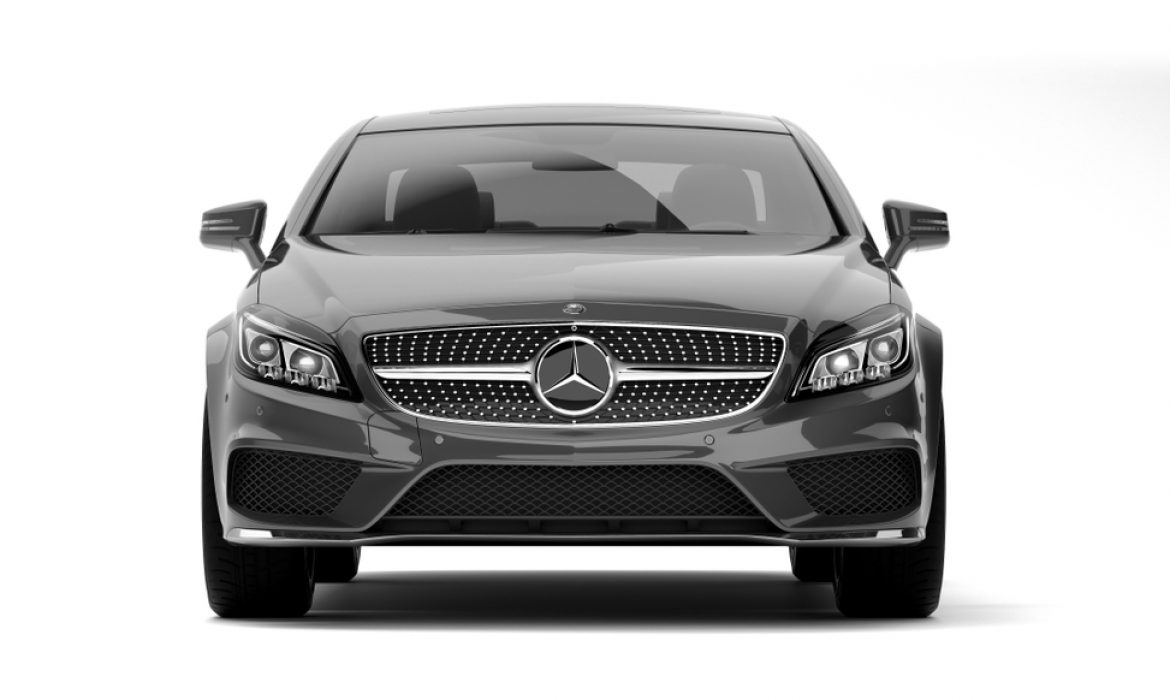Mercedes-Benz has announced its departure from the bold vision it embraced just three years ago, indicating a significant deviation from its plan to sell only electric cars after 2030. The company’s decision adds to a growing sense of skepticism within the global auto industry regarding an all-electric future, with industry leaders reevaluating their strategies amid a noticeable slowdown in electric vehicle (EV) sales growth.
Optimism Fades: A Shift in Strategy
Three years ago, Mercedes-Benz was brimming with optimism, boldly proclaiming its commitment to selling only electric vehicles by 2030 and abandoning traditional gasoline-powered cars. However, the recent fourth-quarter earnings report paints a different picture. The company now anticipates that only 50 percent of its sales will be all-electric, marking a substantial retreat from its once optimistic projections. Gas and hybrid vehicles, it seems, will continue to play a significant role in Mercedes’ future for the foreseeable years.
Adapting to Market Dynamics
Mercedes-Benz acknowledges that the pace of transformation will be determined by customer preferences and market conditions. The company aims to cater to diverse customer needs, providing options for both all-electric powertrains and electrified internal combustion engines throughout the 2030s. This strategic shift underscores the influence of external factors on the auto industry’s trajectory.
Caution in Europe: A Reality Check
Even in Europe, where EV sales have outpaced their North American counterparts, Mercedes-Benz CEO Ola Kallenius expressed a pragmatic outlook. He stated that a complete transition to EV-only sales by 2030, both within the European market and for Mercedes specifically, is unlikely. This cautious sentiment echoes a trend among auto industry executives, including Tesla’s Elon Musk, who has warned of a significant slowdown in EV sales growth in 2024.
Industry-wide Caution: A Ripple Effect
The move by Mercedes-Benz follows a series of cautionary statements from industry leaders. Tesla, despite being a pioneer in the electric car space, anticipates a notable deceleration in sales growth. Similarly, companies like Rivian and Lucid have signaled that their production will remain steady this year. Traditional automakers, including GM and Ford, have responded by postponing plant construction and canceling certain models.
Market Realities: EV Sales vs. Hybrid Resurgence
In 2023, EV sales constituted nearly 8 percent of total sales in the U.S. and 13 percent in Europe. While sales are on an upward trajectory, buyers are increasingly discerning, considering factors such as price, charging times, and reliability. Simultaneously, hybrid vehicle sales have witnessed a significant uptick as consumers opt to hedge their bets during the ongoing development of charging infrastructure.
This decision by Mercedes-Benz not only reflects the challenges of achieving an all-electric future but also highlights the need for adaptability in an industry navigating complex market dynamics. The automotive landscape is evolving, and industry players must carefully calibrate their strategies to meet both consumer demands and the practicalities of the market.
Source: The Verge


